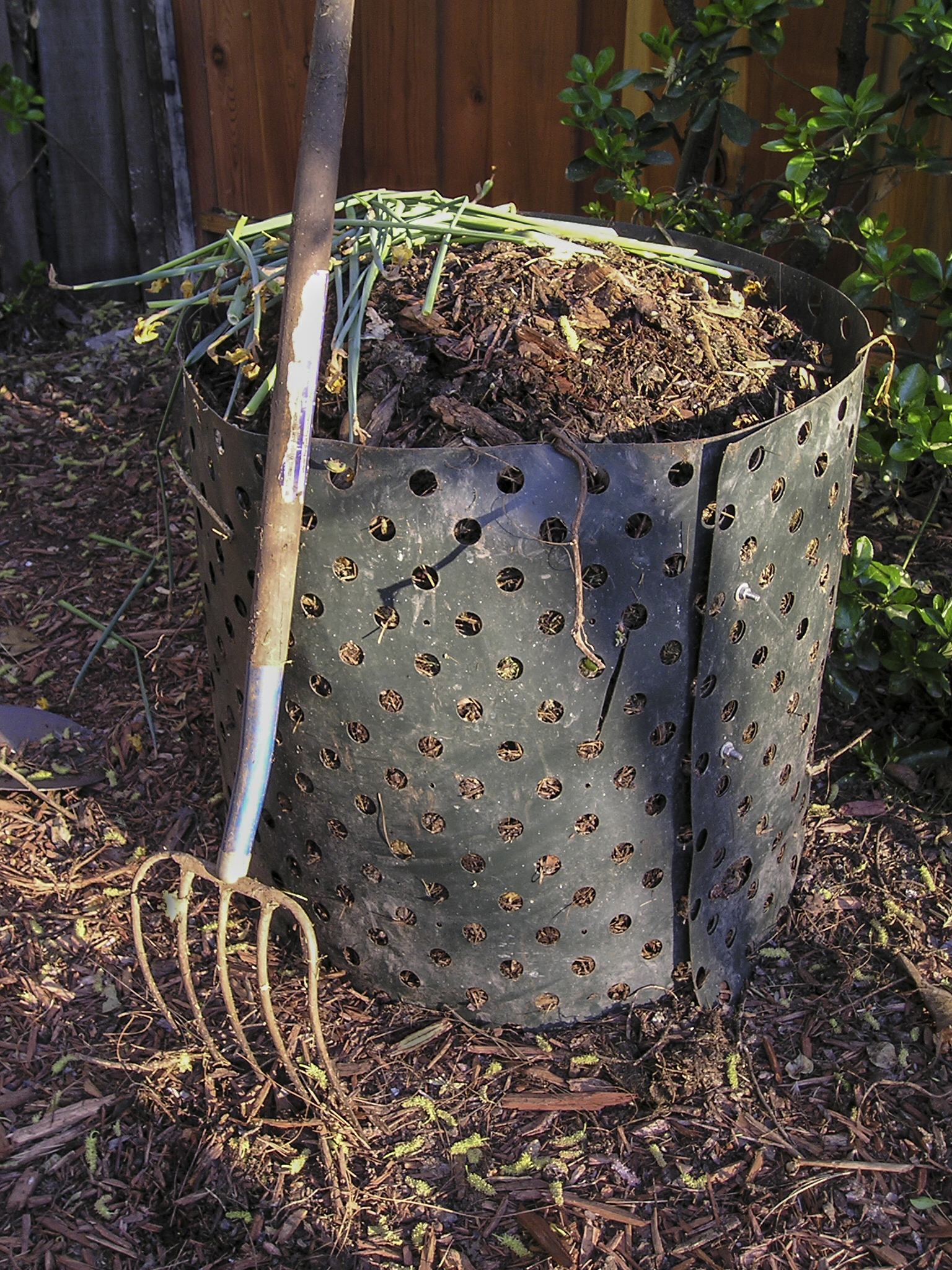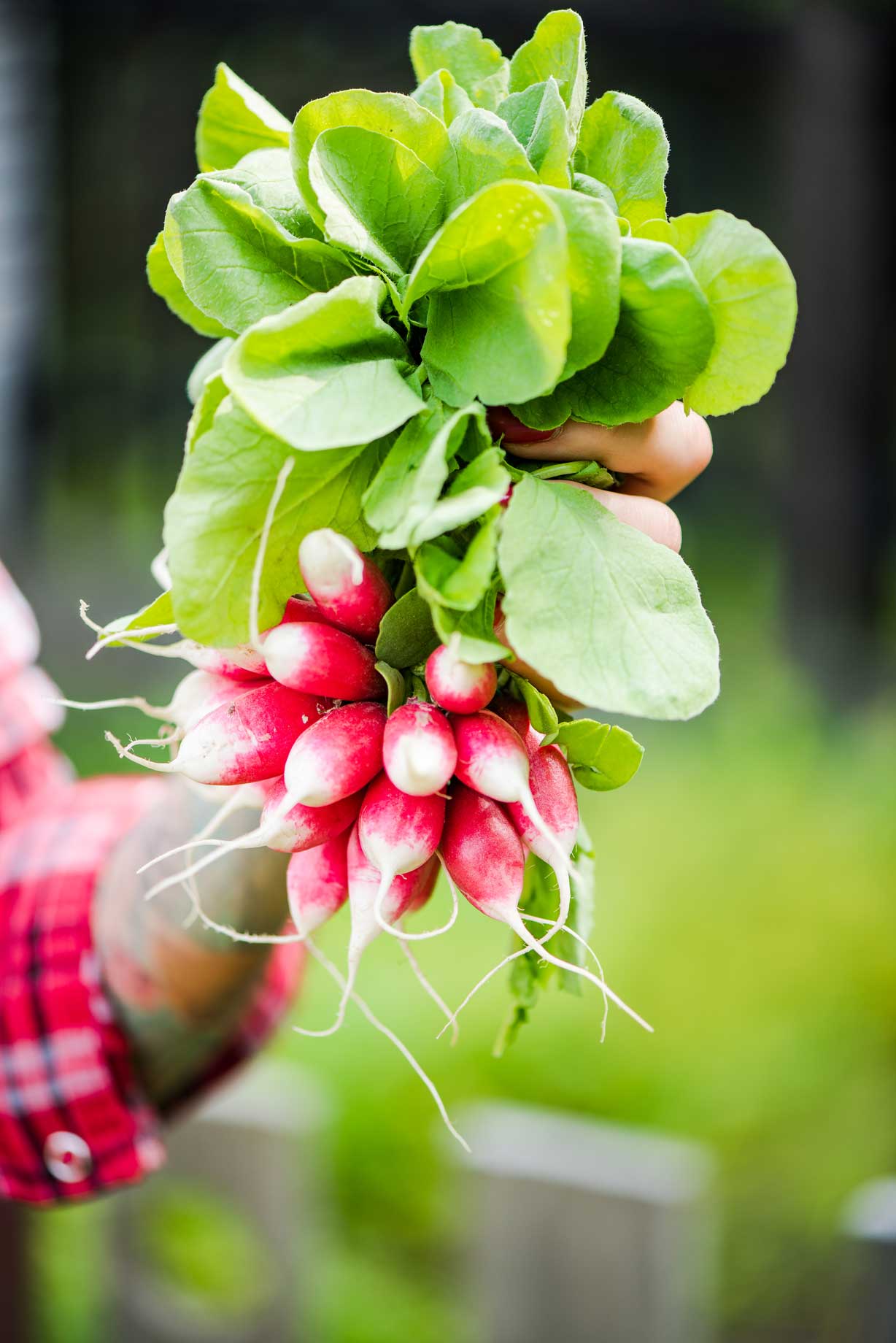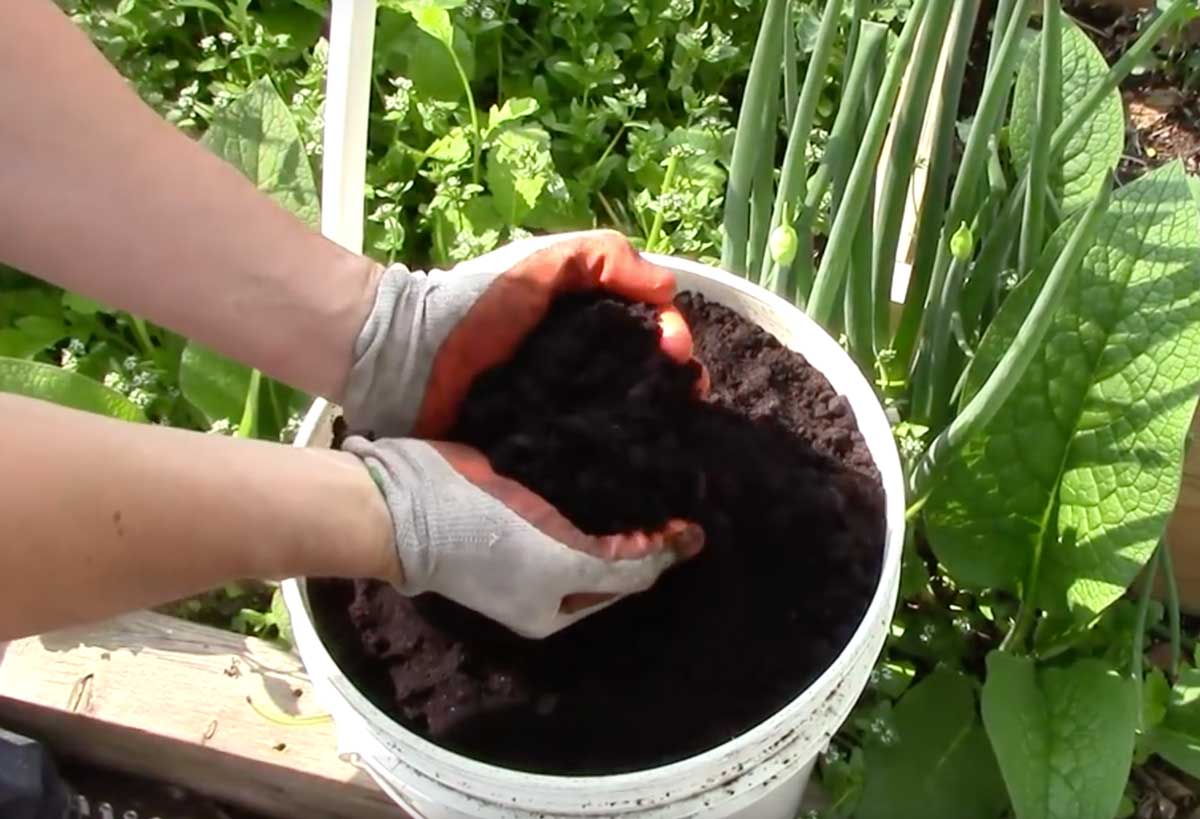‘GROUNDED’
COMPOSTING & RECYCLED COFFEE GROUNDS PROGRAM




COMPOSTING
Composting is a low-maintenance way to minimise personal kitchen waste, create inexpensive nutrient-rich fertiliser and contribute to the health and productivity of your gardens. Compost is a great gift for plants. It naturally helps replenish the nutrients drawn out of the soil by their roots.
Along with phosphorus and potassium, nitrogen is an important part of any good composting system providing the bacteria with the energy they need to turn the organic matter into compost. When managing the ‘ingredients’ in any good composting system it is important to maintain the proper balance of materials.
The ‘greens’ or nitrogen-rich materials need to be balanced or tempered with the appropriate quantity of ‘browns’ or carbon-rich material.
- Nitrogen allows plants to convert sunlight into energy.
- Phosphorus helps that energy get transmitted throughout the plant through its root system and cells.
- Potassium helps the plant retain moisture which aids photosynthesis.
COFFEE GROUNDS
Did you know that the by-product of your daily coffee ‘fix’ is an excellent addition to your compost?
It turns out that worms LOVE the stuff – they will happily munch away on your day-old coffee grounds turning it into ‘black gold’ by digesting it and producing nutrient-rich castings.
Coffee grounds are considered ‘green’ matter being relatively rich in nitrogen, they help create and maintain heat inside the pile by giving bacteria a hospitable growth environment. They also help manage the pile’s overall moisture content. When paired with ‘browns’ like twigs, leaves, paper, coffee is the perfect catalyst for healthy decomposition. This helps speed up the process and give you better fertiliser, quicker.
Are you interested in being part of the GROUNDED – Recycled Coffee Grounds programme?
If the answer is YES look for the GROUNDED – Recycled Coffee Ground sign in participating café and restaurant windows or refer to the list below….
Where you see the sign, pop in and ask if you can collect some of their used grounds. Simply put your name and contact number on a clean, plastic pail with a sealing lid and leave at the café. These are available cheaply at hardware stores or use a recycled container. Collect your bucket when it’s full and tip straight into your compost, spread around plants or scatter directly on your lawn in lieu of lawn fertiliser!
Add two teaspoons of lime for every 5 kilograms of coffee grounds to ensure the pH is adequately balanced. Also ensure coffee grounds don’t exceed a quarter of the mass of the compost heap.
Excellent for adding to plants that need a pH between 3.0 and 5.0, will turn hydrangea blooms blue! Blueberries, cranberries and citrus fruits also benefit from coffee added to their soil, others include camellias, gardenias, rhododendrons and vireyas.
To make a liquid feeder, place a handful of coffee grounds into a bucket of water, leave for a day or two to create a nice amber-coloured liquid – feed plants as desired.
Coffee grounds are brilliant as a pest deterrent, slugs, snails and slaters are not fond of coffee grounds sprinkled around plants or dug into the soil – more environmentally safer for bobtails, lizards and other creatures than snail pellets – less expensive too!
PARTICIPATING CAFES & RESTAURANTS
Mudgee Corner Store
72 Lewis Street
Cnr of Horatio and Lewis St
MUDGEE
0402 848 634
WarBehr
93 Market Street
MUDGEE
0413 648 040
Outside The Square
85A Mortimer Street
MUDGEE
6372 4260

